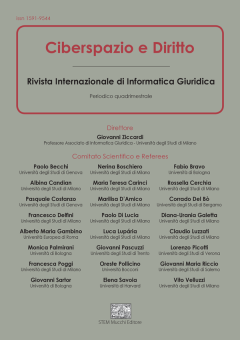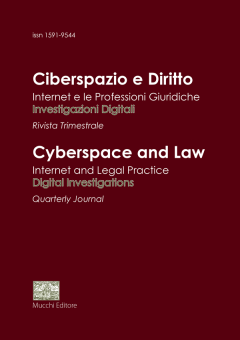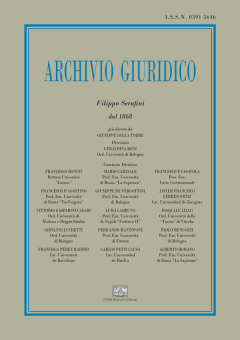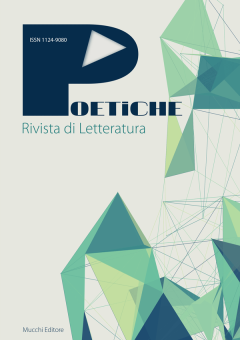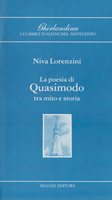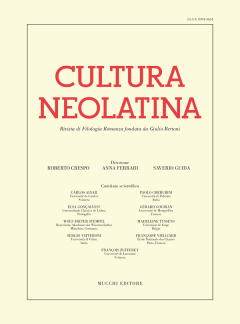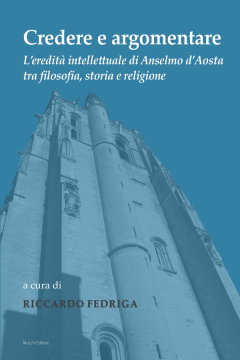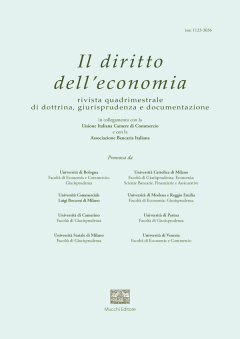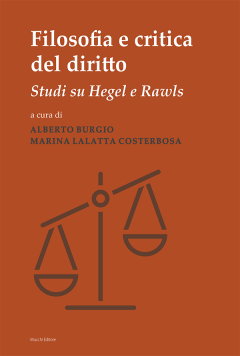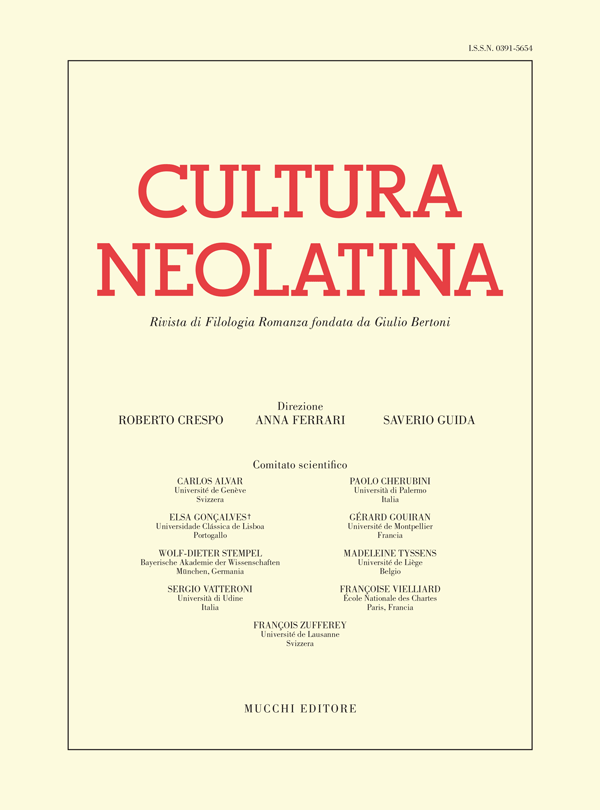Il manoscritto Paris, BnF, lat. 4254 (un testimone dello Speculum Iudiciale di Guglielmo Durand copiato in Italia a cavaliere tra il XIII e il XIV secolo) contiene sei testi occitanici ignoti, copiati su una delle carte di guardia da una mano databile al tardo XIV secolo. Uno è una preghiera in versi, mentre cinque sono poesie: una canzone amorosa acrostica dedicata a una Violante, una dansa profana (forse interpretabile però anche come religiosa), una dansa religiosa, una canzone à refrain dedicata alla Vergine, e un poemetto didattico sulle Sette Gioie di Maria. Questo articolo contiene l’edizione di questi testi e il loro studio letterario e linguistico. Inoltre, un’attenzione ulteriore è dedicata alla storia di Paris, BnF, lat. 4254 e di altri manoscritti copiati nel Midi e conservati nella biblioteca napoletana di Alfonso il Magnanimo: Peire de Pomairols – il precedente possessore di alcuni di questi volumi – viene identificato con il procurator di Guglielmo II di Narbona.
The manuscript Paris, BnF, lat. 4254 (a witness of Guillaume Durand’s Speculum Iudiciale; produced in Italy, 13th c. ex.-14th c. in.) preserves six, hitherto unknown, Occitan texts copied by a late 14th-century hand on one of its flyleaves. One is a rhymed prayer, the remaining five are poems: an acrostic love song addressed to a certain Violant; a secular dansa (but possibly carrying religious implications); a religious dansa; a song à refrain dedicated to the Virgin; a didactic piece about the Seven Joys of Mary. This article publishes the texts and offers a thorough literary and linguistic study of them. Moreover, further attention is devoted to the material history of Paris, BnF, lat. 4254 and of other manuscripts copied in the Midi and once kept in Alfonso the Magnanimous’ library in Naples: Peire de Pomairols – the previous owner of some of such items – is here identified with the procurator of William II of Narbonne.

